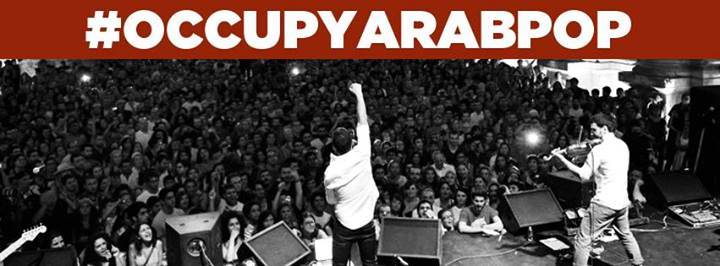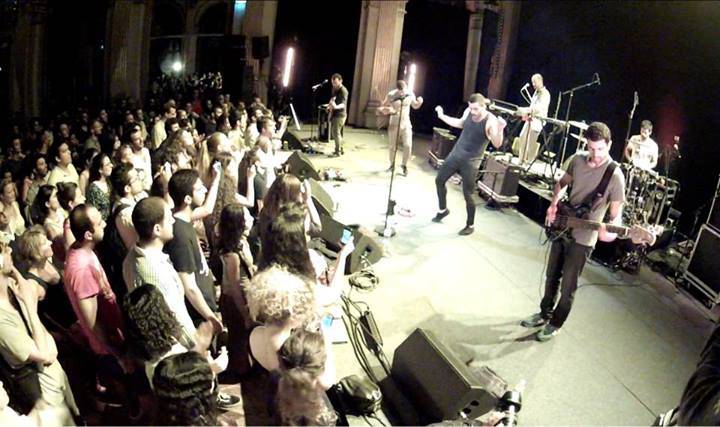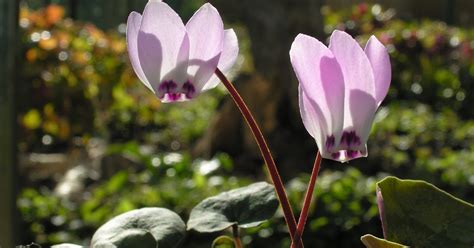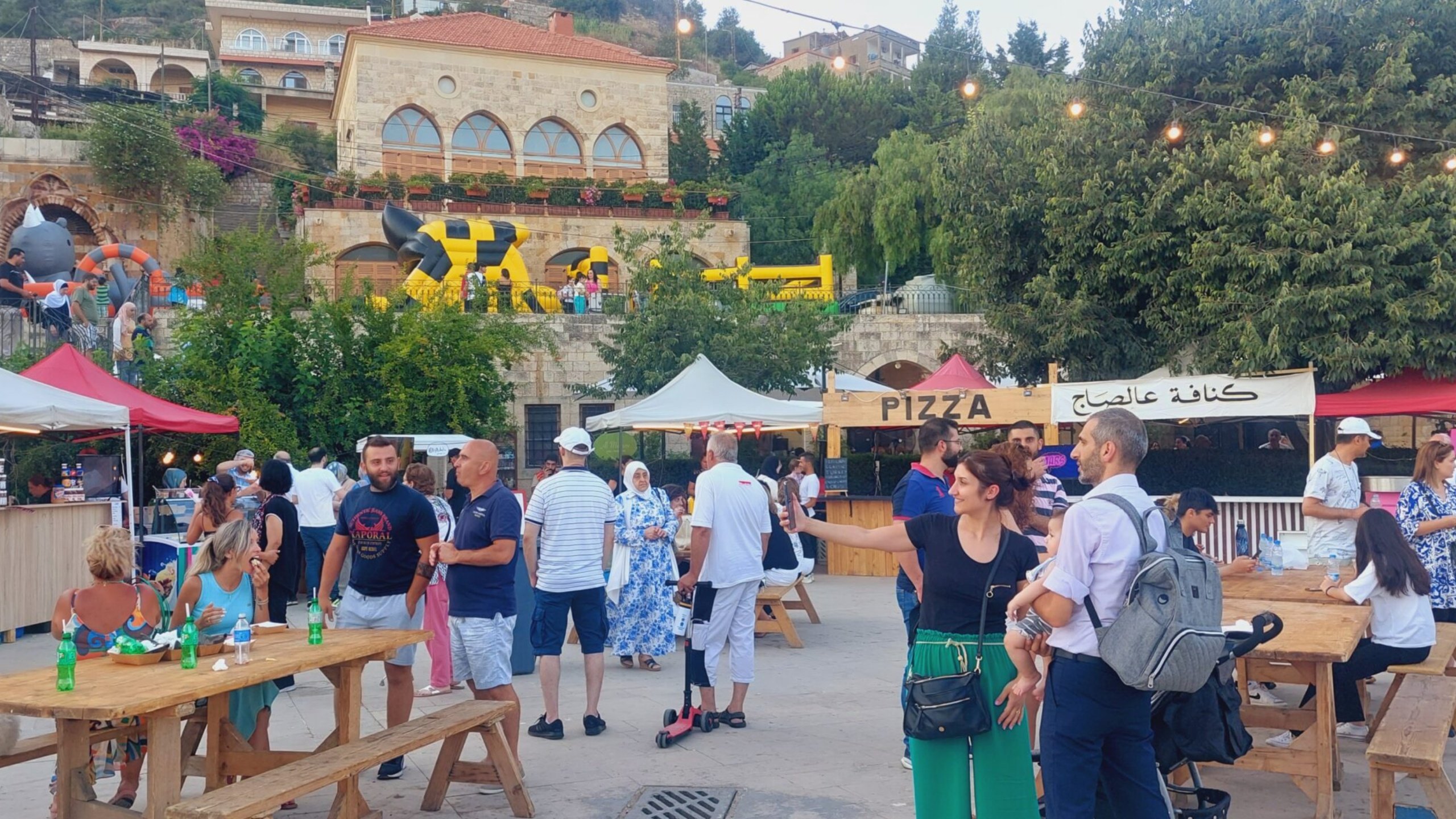Album Review: Mashrou’ Leila’s Raasük Poised to Occupy Arab Pop
After an impressive world tour, an extensive recording period in Canada and an intense online crowd-funding campaign, Lebanese indie-rock outfit Mashrou’ Leila has finally released its much-anticipated third album, Raasük. During the aforementioned campaign, the band promoted the Twitter hashtag, #OccupyArabPop. Does Raasük have what it takes to do just that?

(Photo via Facebook)
In the six years it’s been around, Mashrou’ Leila has managed to progressively charm its way into the hearts of the Lebanese public, receiving extensive praise and publicity, even playing two of Lebanon’s most prestigious music festivals, Byblos International Festival in 2010 and Baalbeck International Festival in 2012. The band has even garnered a globe-spanning international following, taking its tunes on tour for gigs in Paris, Montreal and major capitals across the Middle East. Occupying Arab pop is not a task just any band can take on, but Leila has its credentials in order.
With each album, Mashrou’ Leila’s sound goes through some distinct changes. Their 2009 self-titled debut featured a handful of cheerful upbeat numbers (Raksit Leila and Fasateen mainly), but the rest of it was some of their darkest, moodiest material ever (3ubwa, 3al 7ajiz, Latlit, Khaleeha Zekra, etc.). The 2011 follow-up, El Hal Romancy, was a more polished and refined iteration of the band’s violin-tinged folk-rock sound. Finally, we arrive at Raasük, where the now mature rock sound is complimented by newly incorporated electronic music elements.
The album sees the band taking its tried-and-true indie rock style in new directions. Abdo is not too far from what people have been used to hearing from Leila, with its Balkan-ish rhythm and melody, and yet it is an updated version of that, with its use of horns (which also pop up on other tracks), intriguing backing vocals (them oohs), and its “controlled chaos” ending. Then there’s Skandar Maalouf with its disco vibe comprised of falsetto vocals and synth melodies; it’s a throwback. The somber Ma Tetrikni Heik (a rework of Belgian singer Jacque Brel’s Ne Me Quitte Pas) is a refreshing shift from the standard rock song formula, only featuring vocals and stretched out melodies.

(Photo via Facebook)
But the music is just the backdrop for what truly matters when listening to Mashrou’ Leila: their lyrics. In terms of lyrical content, the two most prevalent themes are love and politics. The two are even subtly fused in some instances. Ala Babu is sung from the perspective of someone who wonders why they keep coming back to their lover despite being abused by them time and time again. Wa Nueid calls upon listeners to refuse: refuse to be degraded, refuse to fight one another, refuse to be afraid. As vocalist Hamed Sinno sings: “We can shake till the cage that we have become collapses”; in other words – we are the only ones holding ourselves back from achieving greater things, and until we realize that we are doing so, we won’t be able to accomplish anything.
Those two songs are a love song and political song, respectively, but there’s a bit of each in Lil Watan, a song about how the government distracts its people from questioning or criticizing it. But instead of outright stating this, the chorus observes: “Why are you frowning, come make me dance for a while.” The language of a generic love song, such as those that have long dominated the cultural landscape of the Arab world, is turned upside down to discretely serve a deeper purpose here.
Raasük is an album that came to us packaged with a mission statement: occupy Arab pop. The lords of big media are the gatekeepers of the fortress that is Arab pop, and they certainly won’t just let anyone penetrate it. After all, this is an album with an unusual sound, and a lot to say (some of which not everyone may be willing to hear). It’s an ambitious undertaking to say the least, but the product has definitely got one hell of a fighting chance.





